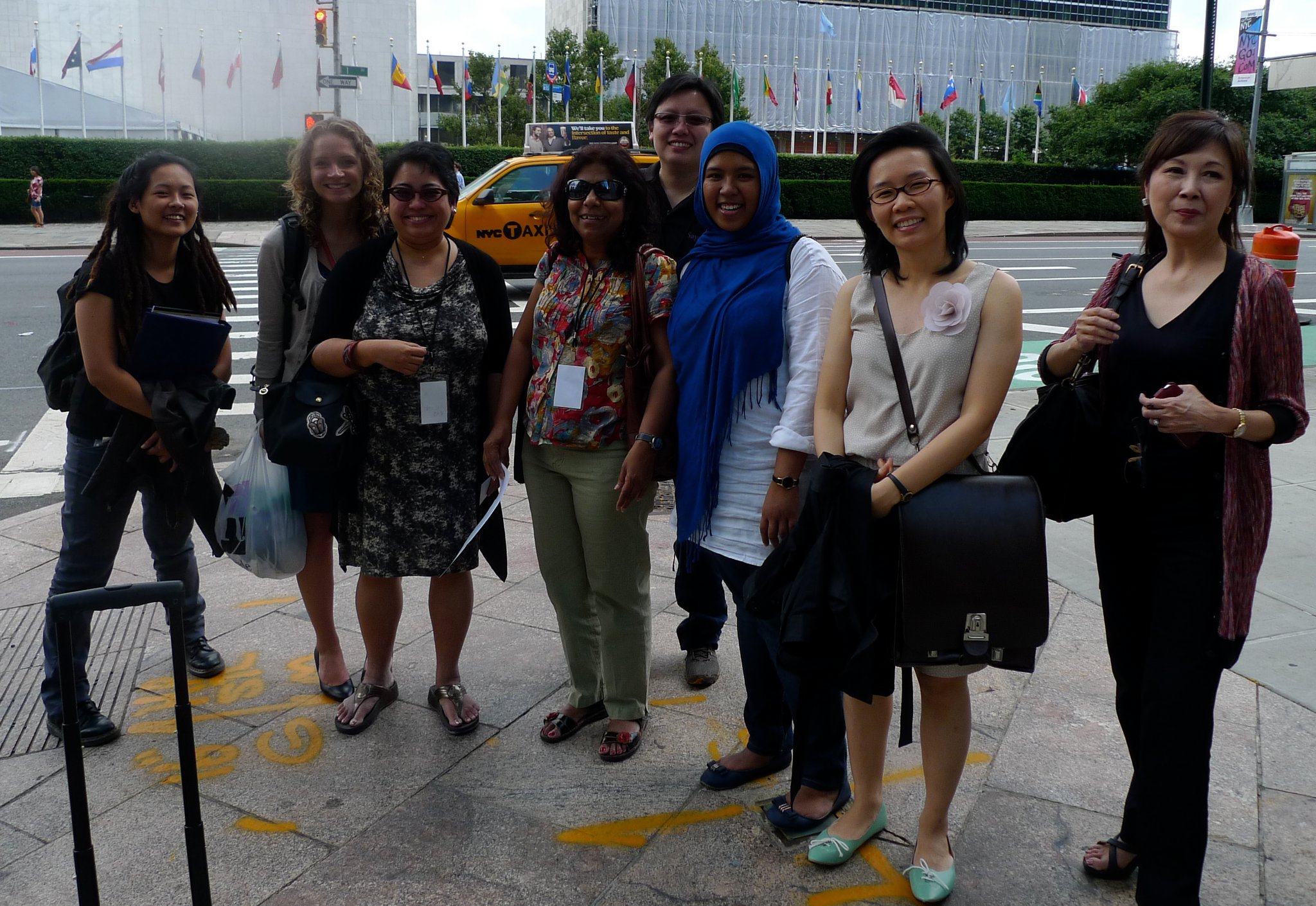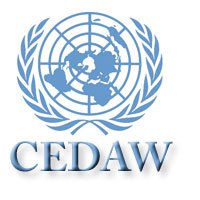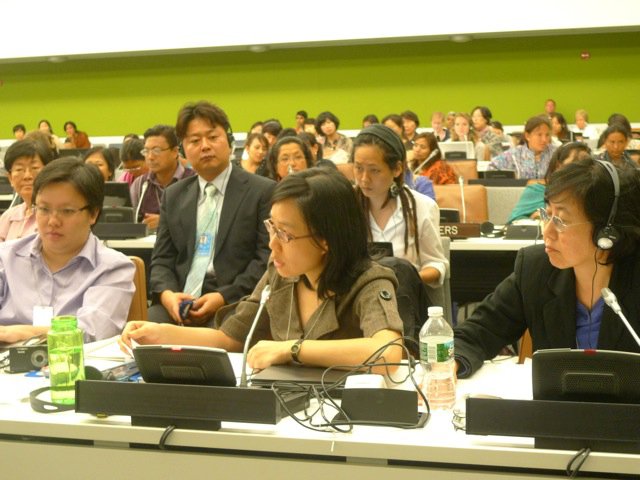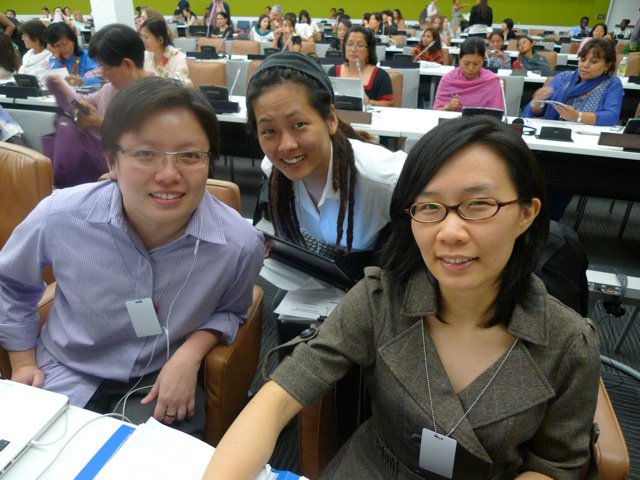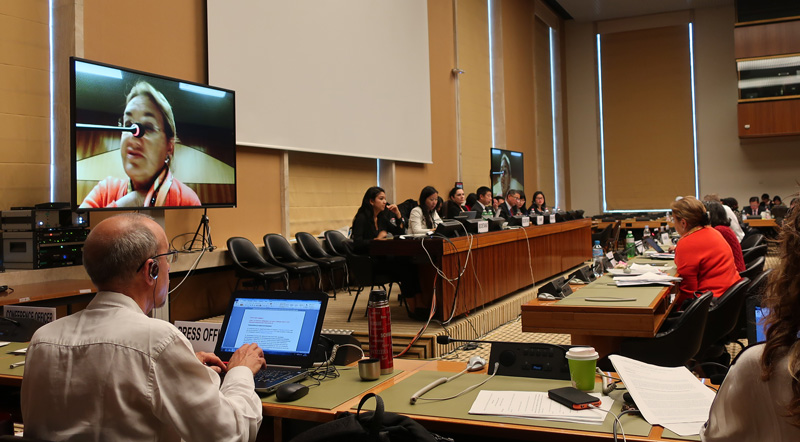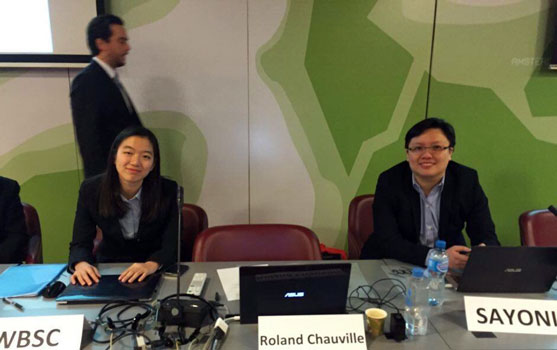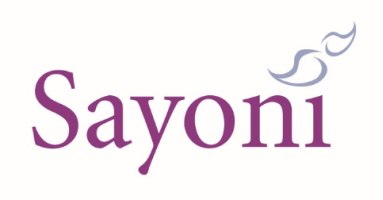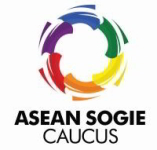Advocacy for UN Child Rights Convention: Reflections Part 1
Hello from Geneva!Some background and context as to why I am in Geneva right now: I recently worked on a report on pressing issues surrounding LGBTQ+ children and youths in Singapore with Sayoni as part of an additional submission to the United Nations Child Rights Committee (UNCRC) prior to their review of the Singapore state (which is happening 16th/17th May). I am currently representing both Sayoni and The Bi+ Collective SG, and will be attending the reviews on both days in Geneva. These are just some reflections from my experiences of the first two days in Geneva...
14th May, Tuesday / ILGA and Old Town
I got lost the moment I stepped out of the Geneva airport (I was careless and took the wrong bus because I was unsure as to which direction I was taking towards). While stranded in the middle of an empty one-way street with no Internet for a minute or two, in many ways I saw that as symbolic of how I felt - uncertain, anxious, filled with the not-knowing. At the same time, I knew that underlying layers of fear was a lot of excitement and zealousness as well.
The first day in Geneva, I got the opportunity to visit the ILGA (International Lesbian, Gay, Bisexual, Trans and Intersex Association) office and had the chance to have a short chat with Kseniya and Zhan. Kseniya is a senior officer in Women and UN Advocacy, while Zhan is a Gender Identity and Gender Expression Senior Programme Officer. Kseniya and Zhan were wonderful (and so friendly)! They offered me useful tips on how I could best approach the review session and discussed some strategies to help with the lobbying. For instance, cutting down on our prepared questions to pick only a few to pinpoint what the most important questions are, as well as who I could potentially approach amongst the committee members. They also spoke about how it'd be beneficial to think of something more "positive" the government had done for the LGBTQ+ community (like allowing some LGBTQ+ organisations to be registered officially) and use those examples to show how the State can and should do more and that all they need is a push from the UN. When they first asked me about what "positive" things the government had done for the LGBTQ+ community, my mind was almost empty, except for (unfortunately) Ong Ye Kung's voice saying that there's "no discimination" of LGBTQ+ folks in Singapore. Other than speaking about the review, we both mutually shared more about the LGBTQ+ culture in our various communities. Both Kseniya and Zhan were mortified when I mentioned a little about some LGBTQ+ youth experiences we had uncovered from our focus group discussions and my own experiences of working with queer youths (like teachers/schools checking for binders, or not allowing students to hug one another for fear of the "spread of lesbianism"). I left Zhan and Kseniya and took with me lots of helpful information, motivation and gratitude, but I also left behind some packets of chicken rice paste and peanut candy.
I walked along Lake Geneva after, made friends with some ducks and swans, and tried my hardest to not be blown away by the strong winds. Before I knew it, I had made my way to the Old Town, and Geneva honestly has some of the most beautiful buildings ever! I spent most of my evening that day letting myself get lost in between alleyways, chancing upon cathedral after cathedral (each of them more stunning than the last) and feeling the endearingly uneven roads beneath the soles of my shoes.
15th May, Wednesday / Broken chair, UN tour and Malta CRC Review
I woke up this morning with more uncertainty, anxiety and tired feet. I think a lot of my stress from this morning was mostly because I just didn't know how the review was structured and unsure how it was supposed to play out, so with encouragement from Ryan (who is the Regional Coordinator of the ASEAN SOGIE Caucus and also someone who is helping me a lot this trip - thanks Ryan!!) I decided I wanted to attend the Malta UN Child Rights Committee (CRC) Review session which took place at 3pm. I knew it would be somewhat a magical day, because the moment I stepped into the sun, there was a rainbow on the floor at the bus stop!
Before that I went to the Palais Wilson (the place where the UN CRC reviews are held) to collect my pass for the review sessions, and I immediately felt more thrilled about the review on Thursday. It really must be the rainbow lanyard and big Sayoni badge I had close to my heart (literally), and maybe the fact that things just somehow feel more real when you have your face printed on a plastic card with a QR code on it (haha). I also decided to pay the Broken Chair a visit (Jean told me it's a must!) and went for a guided tour in the Palais des Nations (the UN office in Geneva).
If you don't already know about the symbolism and history of the Broken Chair, here's a good place to start reading (https://www.hi-us.org/so_what_is_the_broken_chair). Notwithstanding the large crowds and countless people struggling to take selfies and photos without wanting stranger/s to unintentionally be part of the photo with them (an actual skill but also an impossibility), I stood there for a good five minutes (while trying not to be in anyone's photo, of course!) thinking about why and what I work so hard almost every day, and how very important this trip to Geneva is for not me, but all LGBTQ+ children and youths in Singapore. As someone who works with and tends to the concerns of some of the queer youths in Singapore (we have a group for those under-18s in The Bi+ Collective!), my heart breaks (and had broken) many times whenever these young kids come to me with narratives of discrimination, bullying, abuse, harassment and family violence. Many resonate with my own experiences growing up queer, and I often struggle with these narratives because there really is only that much I can do (most of it I can't do). This report that Sayoni (especially Mandy!) had led and I had helped work on really means a lot to some of these LGBTQ+ youths and children, it gave them a voice (which of course, we all know is non-existent in many spheres and spaces) and being able to try my best to help bring those voices to the UN CRC is almost surreal, yet at the same time, the most real? Whether or not the State is willing to address the extremely neglected and overlooked (but immensely serious) issues of LGBTQ+ children, the fact that this report exists and we were able to submit it to the UN CRC and how I am here in Geneva right now is a step forward in the discussion (even if it's just a tiny one!), and I see a little light at the end of a very very long and dark tunnel.
After doing a lot of intense thinking (as you can probably tell), I took the chance to tour the UN office in Geneva, and it was a pretty great experience! Here are some photos (and I do highly recommend it if you ever find yourself in Geneva).
The Malta CRC review was perhaps the most eye-opening moment of the trip so far! I never knew much about Malta, but not even 10 minutes into giving a general overview of child's rights in Malta, the Maltese State representative already spoke about trans, intersex children as well as non-discrimination of diverse gender identity expressions of children. She also mentioned progressive family structures and gave a mention to increasing numbers of families with same-sex parents! I was very pleasantly surprised, as you would imagine, because I never could envision the same words coming out from the mouth of a State representative from Singapore. I decided to do a little more research on Malta and found out that they are actually rather progressive in terms of LGBTQ+ rights in Europe (read more here) and I could not have been more inspired by their conversations and topics of discussion. I will attempt to do a comparison between some central themes that come up in the reviews between Malta and Singapore once the review for Singapore is over because I think that might be interesting to look at! Of course, I know that these words might not match reality (which is unfortunately the case most times), but the very fact that the Maltese government even recognises LGBTQ+ and intersex children and puts in effort in trying to engage with queer groups and organisations to come up with policies specifically targeted at helping the community really touched my heart in many, many ways!
I was also thrilled and happy to hear one member of the committee (her name is Velina Todorova) who brought up questions about anti-discrimination and intersex children’s rights. I managed to speak to Velina during the break and she said she will try her best to bring up some of our concerns in the report. We can only cross our fingers and hope that she will! There is much anxiety in my restless self today (and every day to be honest), but also full of hope and joy learning more about Malta and hearing from Velina.

